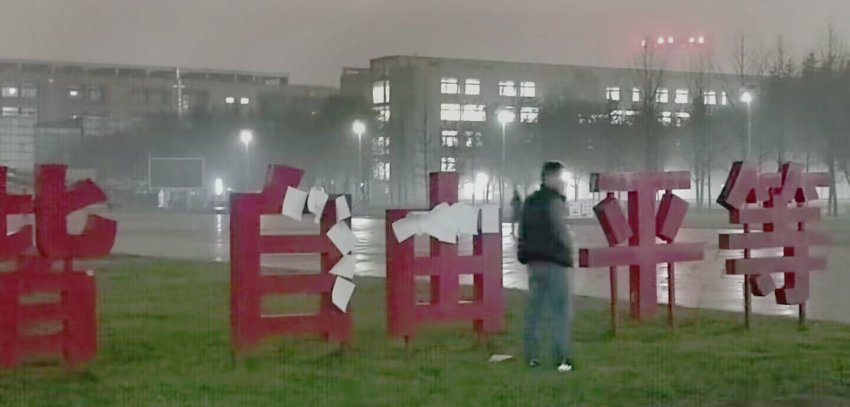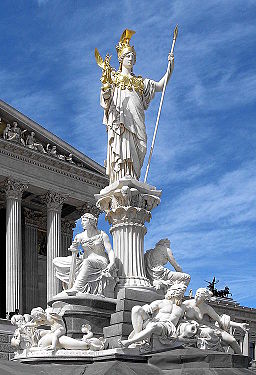Seth Godin: It’s not what you deserve, but it is what it is
Seth Godin discusses It’s not what you deserve, but it is what it is
When your client or your boss turns down a great idea, it’s tempting to focus on the idea and how right you were. It might make more sense to try to find empathy for the fear and status issues that the client has instead. Because those issues probably got in the way of them ever seeing what you had to say.
Emphasis Mine
When we do agitation and propaganda work, we often encounter the fears of the working class:
- Homelessness
- Poverty
- Hunger
- Illness
- Prison
All the things that are reasons for overthrowing the system are also the props that hold up the system. As Machiavelli wrote (The Prince (1513), Ch 17):
Nevertheless a prince ought to inspire fear in such a way that, if he does not win love, he avoids hatred; because he can endure very well being feared whilst he is not hated, which will always be as long as he abstains from the property of his citizens and subjects and from their women. But when it is necessary for him to proceed against the life of someone, he must do it on proper justification and for manifest cause, but above all things he must keep his hands off the property of others, because men more quickly forget the death of their father than the loss of their patrimony. Besides, pretexts for taking away the property are never wanting; for he who has once begun to live by robbery will always find pretexts for seizing what belongs to others; but reasons for taking life, on the contrary, are more difficult to find and sooner lapse. But when a prince is with his army, and has under control a multitude of soldiers, then it is quite necessary for him to disregard the reputation of cruelty, for without it he would never hold his army united or disposed to its duties.
Emphasis Mine
The Capitalists have to maintain this semblance of fear without engendering widespread hatred of the system.

Read more!








